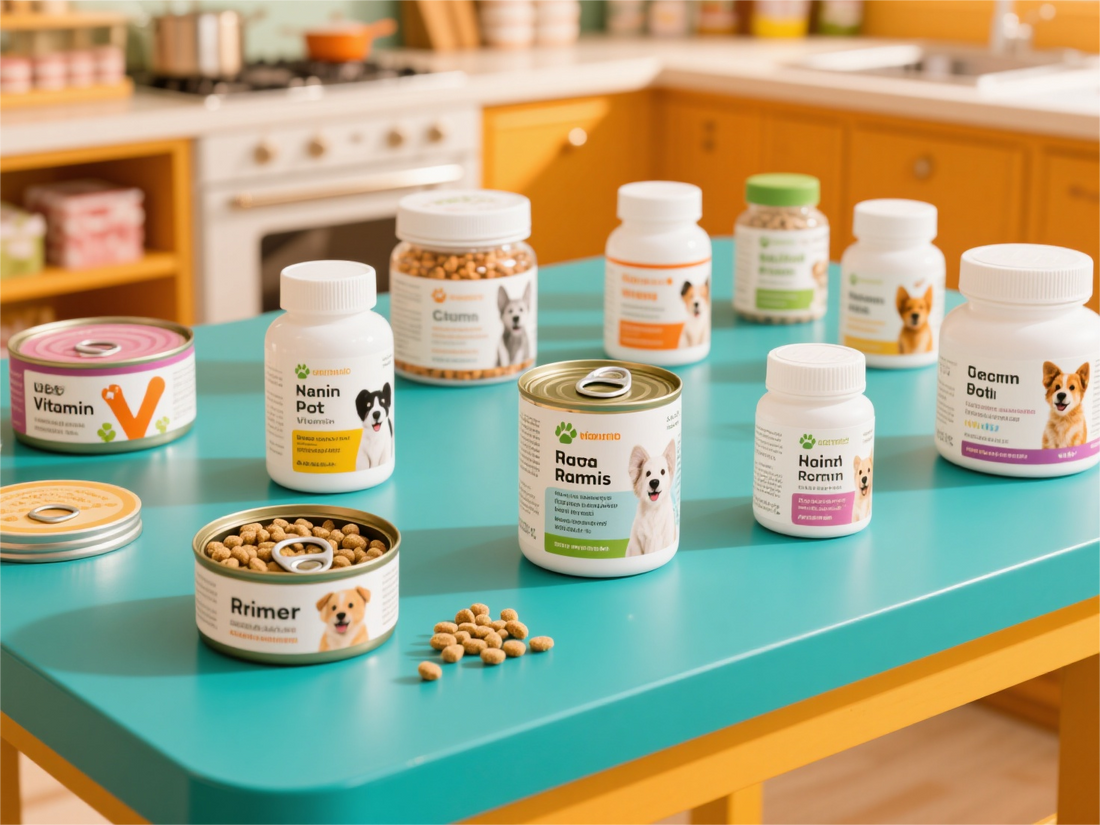






The Importance of Pet Supplements
As pet owners, we all want to give our furry companions the best care possible. A balanced diet, regular exercise, and routine check-ups form the foundation of pet health. However, just like humans, pets can sometimes benefit from nutritional supplements that provide extra support for their specific needs. From joint health to skin care, supplements are becoming a popular addition to modern pet care.
1. Why Pets May Need Supplements
Commercial pet food is designed to meet basic nutritional requirements, but it may not always address individual health concerns. Factors such as age, breed, lifestyle, or medical conditions can create unique nutritional needs. Supplements help fill these gaps, offering targeted benefits that promote long-term well-being.
2. Common Types of Pet Supplements
-
Joint and Mobility Support: Glucosamine, chondroitin, and omega-3 fatty acids are often used to improve joint flexibility and reduce stiffness, especially in older dogs and large breeds.
-
Skin and Coat Health: Supplements rich in fish oil or flaxseed oil help maintain shiny coats, reduce shedding, and alleviate skin irritations.
-
Digestive Health: Probiotics support a healthy gut by balancing bacteria, which aids digestion and reduces issues like diarrhea or bloating.
-
Immune System Boosters: Vitamins C and E, along with antioxidants, strengthen the immune system and help pets fight infections.
-
General Wellness: Multivitamins provide a broad spectrum of essential nutrients for pets with dietary restrictions or picky eating habits.
3. Choosing the Right Supplement
Not all supplements are created equal. It’s important to choose products from reputable brands that use high-quality, vet-approved ingredients. Always read the labels carefully and avoid supplements with artificial fillers, preservatives, or low transparency. Consulting your veterinarian before adding any supplement is highly recommended to ensure safety and effectiveness.
4. How to Introduce Supplements
Supplements are available in various forms—chews, powders, capsules, and liquid drops. For picky pets, flavored chews or powders that can be mixed with food are often the easiest option. Start with small doses as directed and monitor your pet’s response. Consistency is key; most supplements take several weeks to show noticeable benefits.
Conclusion
Pet supplements are not a replacement for a healthy diet, but they can provide valuable support for pets with specific needs. Whether it’s strengthening joints, boosting immunity, or improving skin and coat health, the right supplement can enhance your pet’s quality of life. By working with your veterinarian and choosing carefully, you can ensure that your four-legged friend enjoys the healthiest, happiest life possible.
